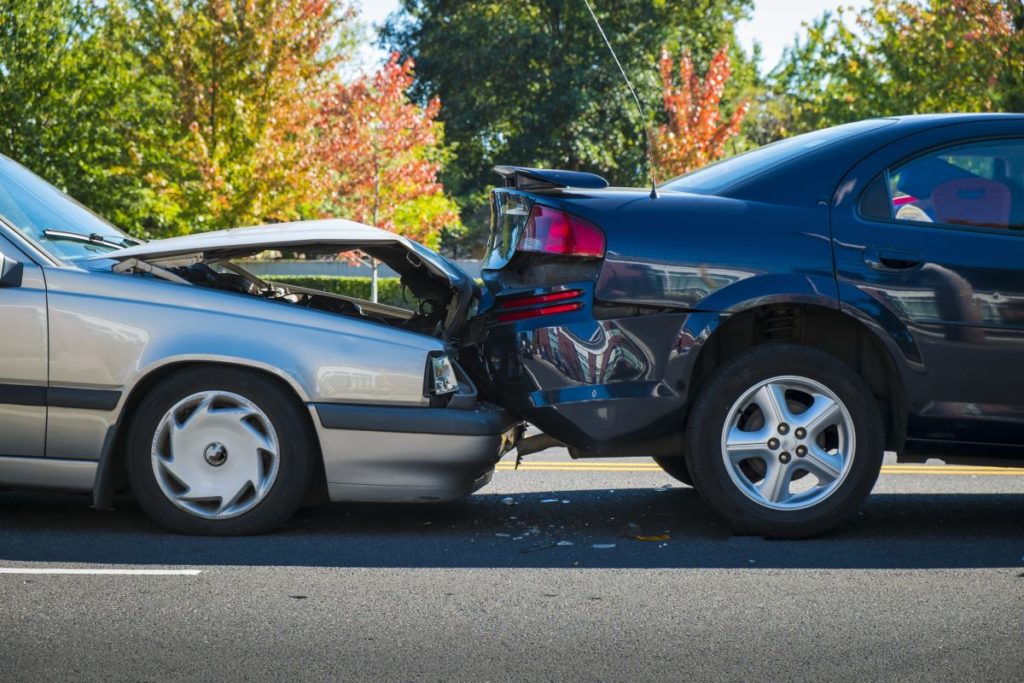Car accidents can be extremely traumatizing. They can result in both psychological and physical problems. Recovery may differ for each victim, and some may suffer from long-term effects that can change their way of life.
Sadly, most victims tend to get help only right after the accident. Many fail to realize that they may be prone to suffering long-term effects that may not be immediately apparent right after the car crash.
Psychological and Emotional Effects of Car Accidents
Physical effects of car accidents are often visible and thus may immediately be given treatment. Psychological and emotional effects, on the other hand, may not show immediately after the disaster. For some, it can take years before they experience symptoms. Some of the most common psychological and emotional effects of car accidents include the following:
- Anxiety
- Sexual dysfunction
- Loss of appetite
- Weight fluctuations
- Fatigue
- Mood swings
- Fear
- Shock
- Mental anguish
- Depression
- Post-traumatic stress disorder (PTSD)
- Random crying episodes
- Phobias
- Nightmares
According to the American Journal of Psychiatry, a study showed that one-third of those who experience serious motor vehicle accidents suffer from different levels of PTSD, anxiety, and depression even a year after the accident. The study also showed that the symptoms may develop long after the accident took place.
People suffering from the psychological and emotional effects of car accidents tend to have difficulties carrying out their previous usual routines. These include going to work and taking their kids to school. They may also have difficulty mingling with other people.
What Is PTSD and How Does It Affect Car Accident Victims?
PTSD is one of the most serious psychological effects of car accidents. This condition is a mental disorder associated with feelings of extreme anxiety, extreme sadness and fear, and flashbacks of the traumatic event. People suffering from PTSD can have negative reactions to anything that remind them of the accident, including loud noises, stress, or even an accidental touch. This condition can result in difficulty in coping with everyday life. Fortunately, with proper treatment and self-care, people with PTSD can be healed and go back to their normal lives.
Physical Effects of Car Accidents
Pain is often the first thing that people experience right after an accident. The intensity of the pain can vary depending on the type of injury that the victim suffers. The most common physical effects of car accidents include:
- Brain and head injury
- Whiplash
- Disk damage
- Bone fractures
- Spine injuries
- Neck strains
- Soft tissue injuries
Some effects, such as whiplash, may not have long-term implications and may be healed by a cold or hot compress and over-the-counter medications. However, it is still recommended to seek the help of a professional neck pain relief practitioner to make sure that the pain experienced in the neck area is indeed caused by whiplash and not by any other type of injury.
In some instances, car crashes, particularly the severe ones, can lead to paralysis and amputations. It can also lead to concussion and traumatic brain injury, which may further lead to death.

Traumatic Brain Injury and Car Accidents
According to the National Safety Council, around 4.5 million people in 2018 suffered from severe effects caused by car accidents. Of the many injuries suffered by victims, traumatic brain injury (TBI) is the most fatal. TBI happens when the victim receives a blow to the head. Its effects can range from mild concussions to coma and even death.
Symptoms of TBI can vary and may include headaches, fatigue, loss of consciousness, loss of memory, seizures, poor concentration, dizziness, and irritability. There are two categories of TBI: primary and secondary. Primary TBI occurs during the initial impact. Depending on the severity of the impact, the person may or may not experience adverse effects and may appear to be fine.
Secondary TBI is the delayed trauma experienced by the person long after the accident has happened. People with secondary TBI may suffer from brain swelling, on which instance the brain is pushed against the interior of the skull. This can lead to a reduction of the flow of oxygen in the blood.
Types of TBI
TBI is further broken down into different types. Depending on the severity of the impact, a person may suffer from more than one type of TBI. These include contusion, hematoma, traumatic subarachnoid hemorrhage (TSAH), diffuse axonal injury (DAI), concussion, and coup-contrecoup brain injury.
Car accidents, particularly the serious ones, are extremely traumatic and can cause significant damage. Anyone who experiences such a disaster should immediately seek medical help and proper treatment, both psychological and physical.

